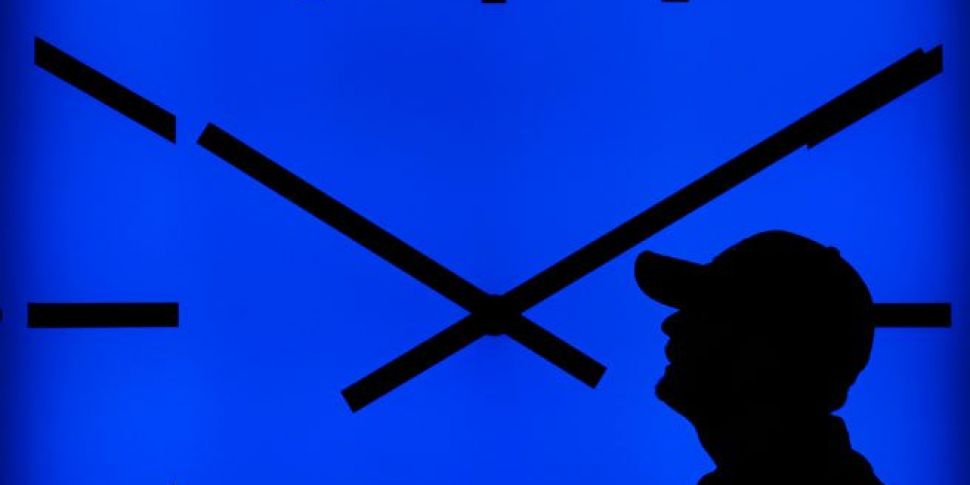We will need to wait just a little longer for July this year, as the timekeepers of the world add a leap second to the last minute of June tonight.
Scientists say the rate the rotation of the Earth has slowed by about 1.5 to 2 milliseconds per day per century.
So in order to keep the Earth and our precise atomic clocks in sync, a leap second will be added to the world's clocks at 23 hours, 59 minutes and 59 seconds tonight.
Atomic clocks are more than a million times better at keeping time than the rotation of the Earth, which fluctuates unpredictably and in the long term is slowing down.
The UK National Physical Laboratory (NPL) in London says leap seconds are essential to ensuring civil time does not drift away from time based on the Earth's rotation.
"If not corrected, such a drift would eventually result in clocks showing the middle of the day occurring at night," it says.
"While it would take hundreds of years for the difference to become obvious to most people, astronomers and celestial navigators rely on time being consistent with the conventional positions of the Sun, moon and stars to within a fraction of a second."
While many will not notice the change, computers will - with the possibility that some websites could experience a Y2K style crash.
Space commentator Leo Enright told Newstalk Breakfast this could be the last time this happens.
Peter Whibberley, senior research scientist in the Time & Frequency Group at NPL, explains more:









